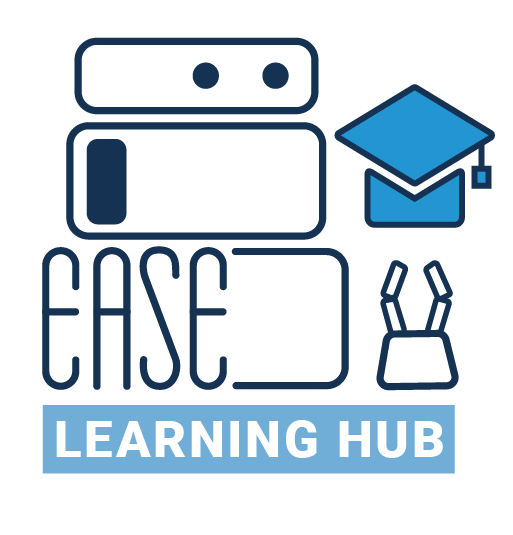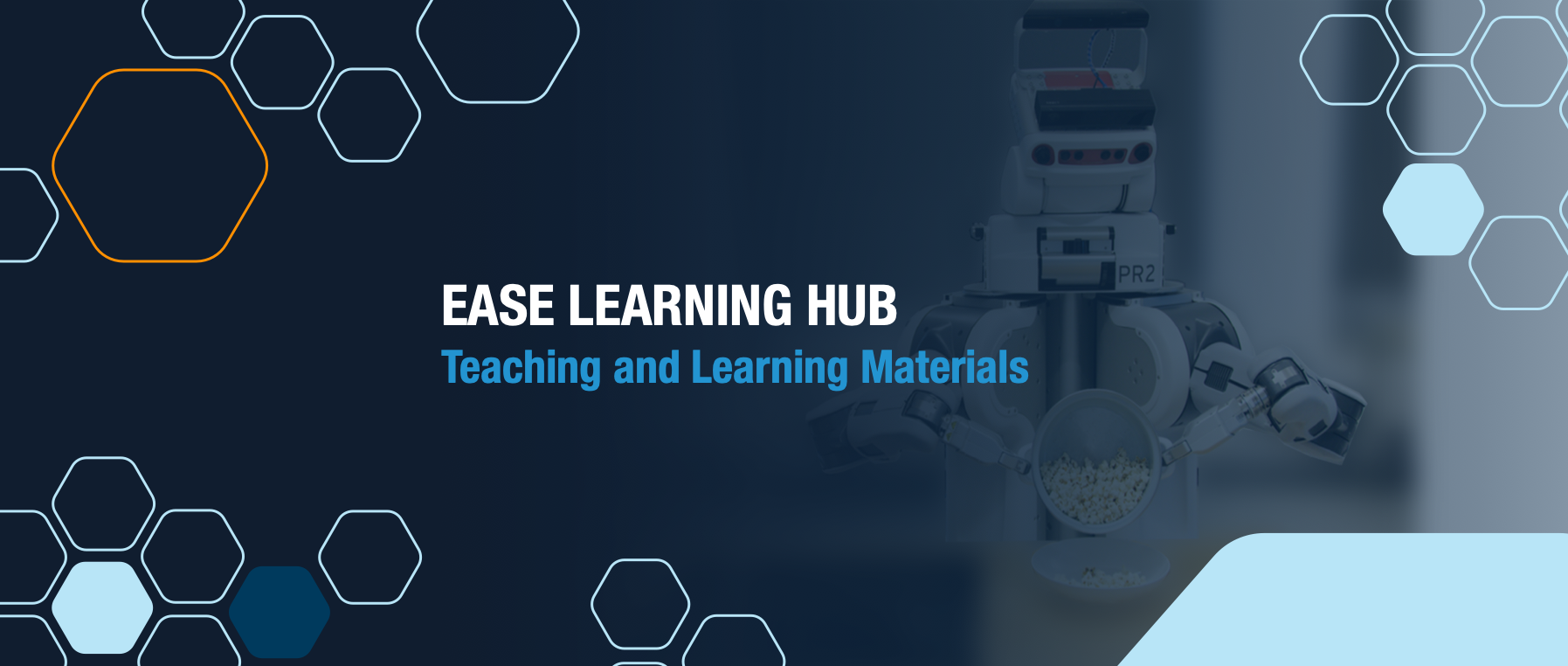Bremen University Students
Bremen University Students
Lectures
Tools and Datasets
The video is a tutorial showing the basics of the CRAM framework, which is a toolbox for designing, implementing, and deploying software on autonomous robots. The aim of the tutorial is to (1) give an intuition of what knowledge the robot needs to execute even a simple fetch and place, (2) show how many different things can go wrong and teach writing simple failure handling strategies, and (3) make the user familiar with the API of the actions already implemented in the CRAM framework.
Bio:
Gayane (shortly Gaya) is a PhD student at the Institute for Artificial Intelligence of the University of Bremen. Her main research interests are concentrated in the area of cognition-enabled robot executives. She is currently actively and passionately involved in the development of CRAM. Before joining Michael Beetz's group in November 2013, she worked for one year as a research assistant at Kastanienbaum GmbH (now Franka Emika) with Sami Haddadin, in tight collaboration with the Robotics and Mechatronics Center of DLR. Before that, she has acquired her M.Sc. degree in Informatics with a major in AI and Robotics at the Technical University of Munich. Before coming to Germany, she had a number of short-term jobs in the fields of iPhone game development and web development. She's got her B.Eng. degree in Informatics with a major in Information Security from the State Engineering University of Armenia.

openEASE is a web-based Knowledge Processing Service for Robots and Robotics/AI Researchers.

pracmln is a toolbox for statistical relational learning and reasoning and as such also includes tools for standard graphical models. pracmln is a statistical relational learning and reasoning system that supports efficient learning and inference in relational domains. pracmln has started as a fork of the ProbCog toolbox and has been extended by latest developments in learning and reasoning by the Institute for Artificial Intelligence at the University of Bremen, Germany.

KnowRob is a knowledge processing system that combines knowledge representation and reasoning methods with techniques for acquiring knowledge and for grounding the knowledge in a physical system and can serve as a common semantic framework for integrating information from different sources. KnowRob combines static encyclopedic knowledge, common-sense knowledge, task descriptions, environment models, object information and information about observed actions that has been acquired from various sources (manually axiomatized, derived from observations, or imported from the web). It supports different deterministic and probabilistic reasoning mechanisms, clustering, classification and segmentation methods, and includes query interfaces as well as visualization tools.

CRAM (Cognitive Robot Abstract Machine) is a software toolbox for the design, the implementation, and the deployment of cognition-enabled autonomous robots performing everyday manipulation activities. CRAM equips autonomous robots with lightweight reasoning mechanisms that can infer control decisions rather than requiring the decisions to be preprogrammed. This way CRAM-programmed autonomous robots are much more flexible, reliable, and general than control programs that lack such cognitive capabilities. CRAM does not require the whole domain to be stated explicitly in an abstract knowledge base. Rather, it grounds symbolic expressions in the knowledge representation into the perception and actuation routines and into the essential data structures of the control programs.

